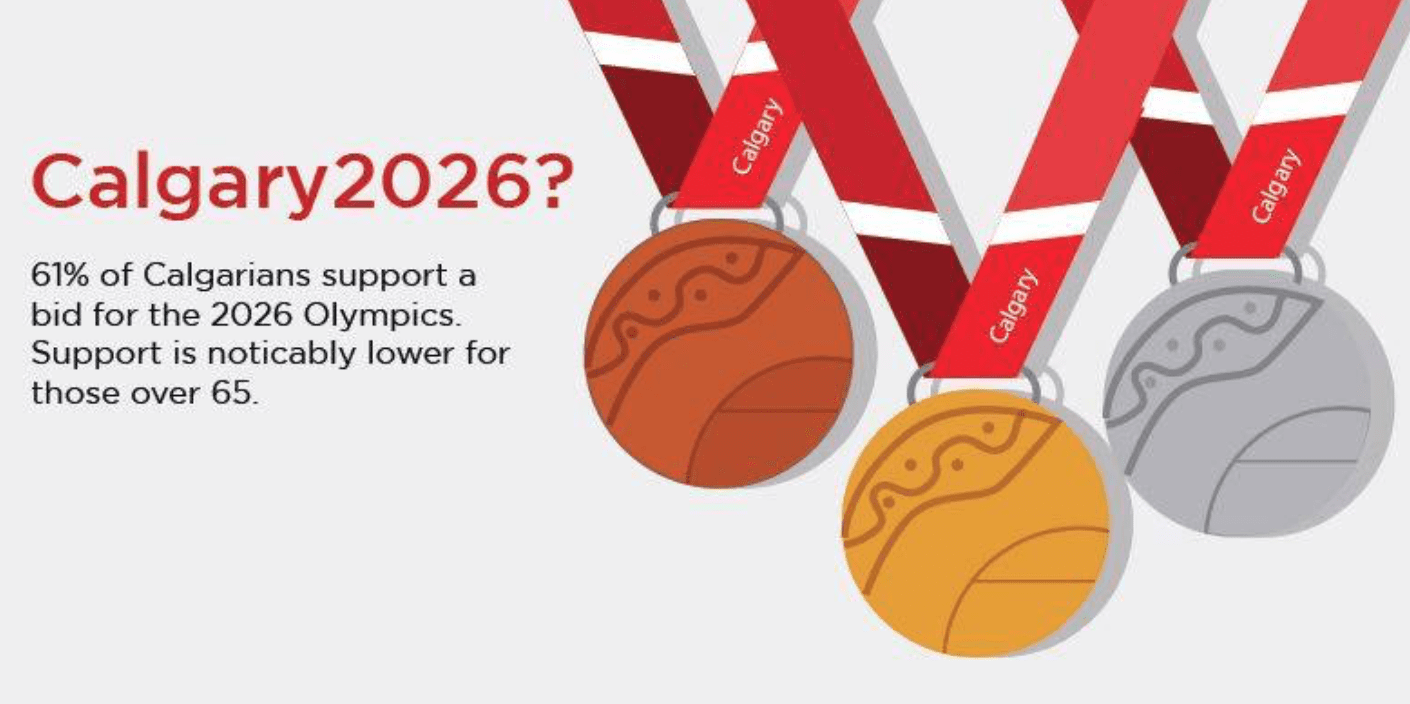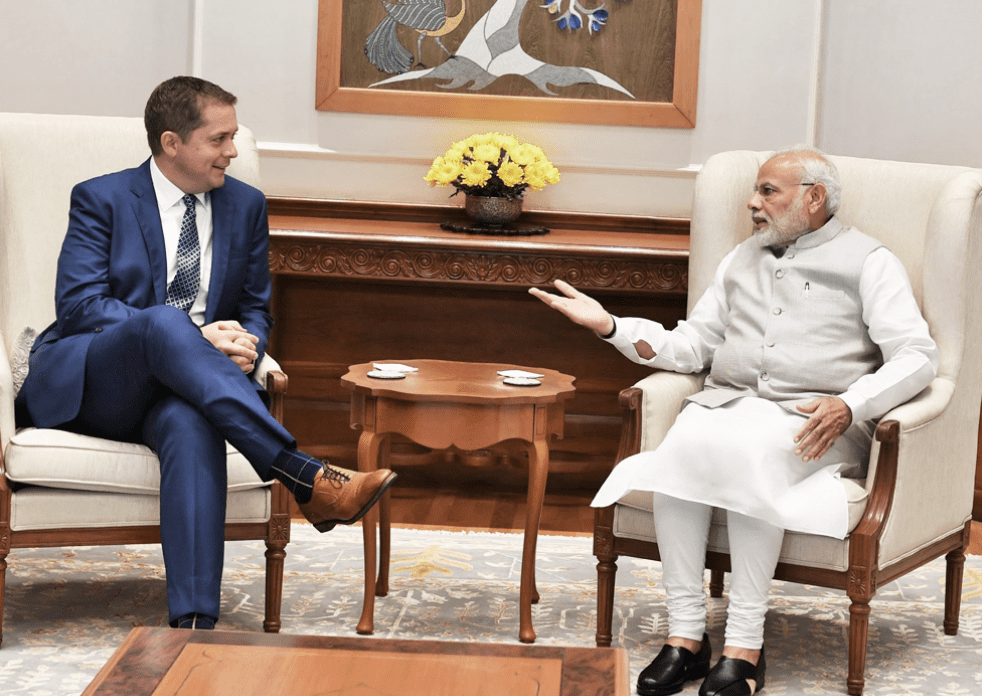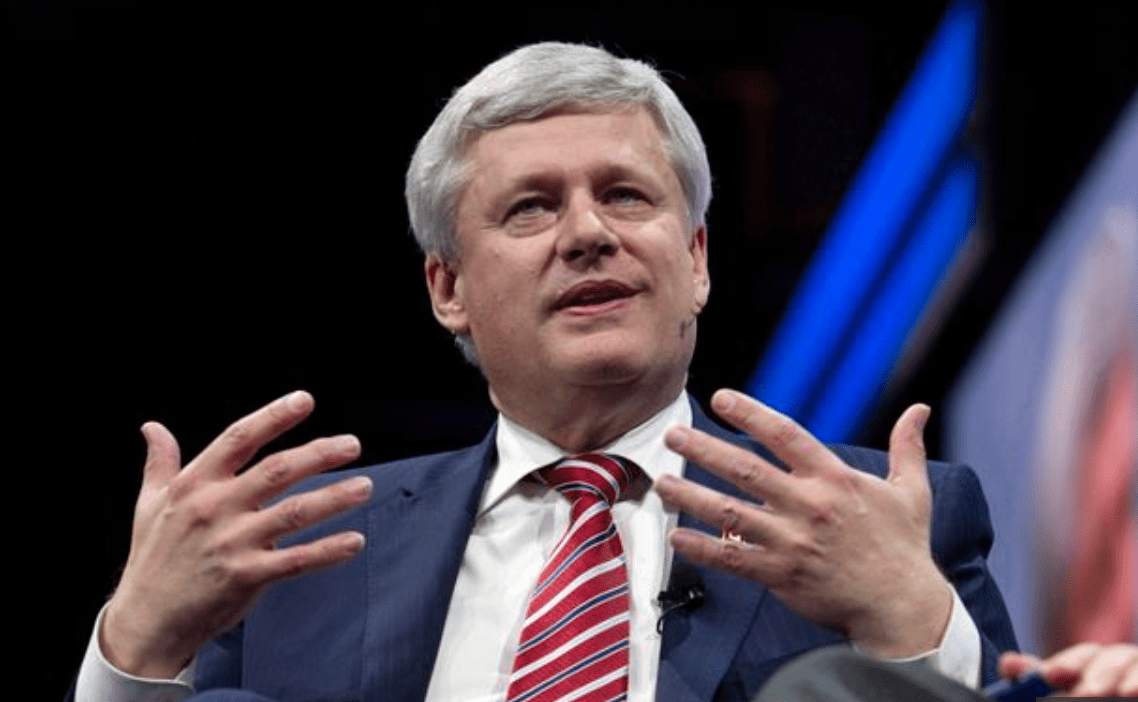Calgary has had a rough couple of years. The oil price plummeted, sending the city into a deep funk in 2014 and '15.
Then there's the whole Trans Mountain Pipeline thing. It's been a roller coaster but more of a downer than an upper.
Unemployment is high at 8.2 per cent, much higher than Edmonton's 6.3 per cent. The office vacancy rates in the shiny glass towers is north of 25 per cent.
What the city needs is a little distraction. Calgary needs a win. Albertans survive the winter by planning a getaway in sunnier climes for February or March. In the same vein, Calgary needs… an Olympics.
And so the campaign is on to convince Calgarians that the pocketbook pain is worth it for the glory of winter Olympics 2026. The city is in the running for the winter games that year against venues in Italy and Sweden.
A crucial plebiscite is scheduled for Nov. 13 to test the popular vote. The results won't be binding, but if the turnout is relatively high and the pro-Olympic votes convincing, it would be tough for city or provincial politicians to put the brakes on the bid.
There's not much doubt Calgary is capable of running a fine show. The 1988 Calgary Olympics are still deemed to have been a great party.
The bid committee is proposing to depend on a lot of existing infrastructure, only adding one new midsize arena to complement the existing Saddledome, and a new fieldhouse. The tight focus of the bid cost is estimated at $5.2 billion, with $3 billion coming from the three levels of government and the rest from revenue from the Games.
Of course, as all cities involved in Olympics in the past couple of decades can attest, the bid number can bear relatively little resemblance to the final bill.
Calgary also proposes to throw a bone across the Rockies to Whistler, suggesting that the ski jump events be held there. Canmore, just west of Calgary, would be the site of Nordic events, just as it was in 1988. It's unlikely there will be much objection to the idea from those tourist-dependent locations.
A suggestion also has been floated about that the curling would be held in Edmonton but details are scarce.
The entire enterprise could still come adrift if the provincial and federal governments aren't willing to get behind the bid and push it over the top. The provincial government said it would reveal how much it is willing to contribute 30 days before the plebiscite, which would mean an announcement should be coming Saturday. The federal government generally is willing to put up 50 per cent of the final tally commitment but hard numbers haven't been offered yet.
No political party in Alberta will want to say no to Calgary if the plebiscite shows a groundswell of support. But there is plenty of political risk in Edmonton and the rest of the province if Games bills start to mount.
Already UCP Leader Jason Kenney has figured out a way to play on both sides of the Olympic debate. He said this week he hasn't decided whether to support the games given that "the province is broke". He says he wants to see hard numbers on costs and benefits. But, he adds, the current government will have to make the decision since the whole thing has to be wrapped up before the next provincial election in May.
That leaves the embattled NDP carrying this particular political grenade.
The well-financed Yes Calgary 2026 organization is ramping up its campaign with less than a month to go to the plebiscite. A heart warming kid-heavy commercial extolling the virtues of planning a glorious Olympic future is popping up on TV and social media.
The no forces, not as well bankrolled but pretty determined, are starting to fan out with the potent dollars and cents argument at the ready.
So it will all come down to hearts and minds on Nov. 13. Calgary needs confidence to prosper and that's a scarce commodity at the moment. But the uncertain economics of the bid might just convince voters to forego a quick warm winter break to ensure a financially sound spring.
Photo Credit: Gripped Magazine













